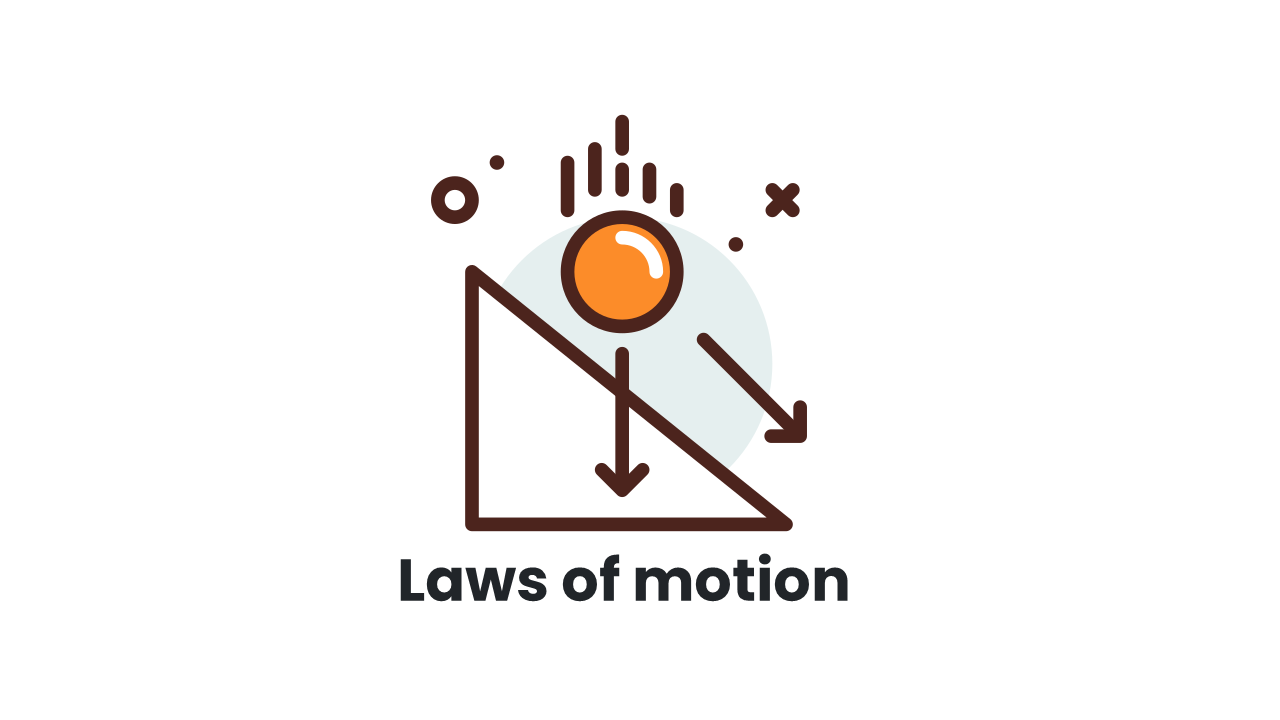-
A
Progesterone
-
B
Luteinizing hormone
-
C
Estrogen
-
D
None of these
- Share this MCQ
A
Answer:
A
The menstrual cycle is a recurring process in the female reproductive system that involves the shedding of the endometrial lining of the uterus, which exits through the vagina as menstrual blood. Hormonal fluctuations are crucial in regulating the menstrual cycle. Progesterone is a hormone that is primarily produced by the ovaries after ovulation. During the menstrual cycle, progesterone levels increase after ovulation, preparing the uterus for a possible pregnancy. If pregnancy does not occur, the progesterone levels decrease, causing the uterus lining to shed and leading to menstruation. Therefore, a decrease in progesterone levels is responsible for menstruation.
Luteinizing hormone (LH) and estrogen are also involved in the menstrual cycle, but they do not directly cause menstruation. LH triggers ovulation, and estrogen helps build the endometrial lining. None of the above is not a valid option as progesterone is the hormone responsible for menstruation. The menstrual cycle is divided into four phases: menstrual phase, follicular phase, ovulatory phase, and luteal phase. The decrease in progesterone levels occurs during the luteal phase, leading to menstruation.
Click me to Read more Question & Answer of
 Thermal Physics
Thermal Physics
Share this MCQ
 Laws of motion
Laws of motion  Optics
Optics  Acoustics
Acoustics